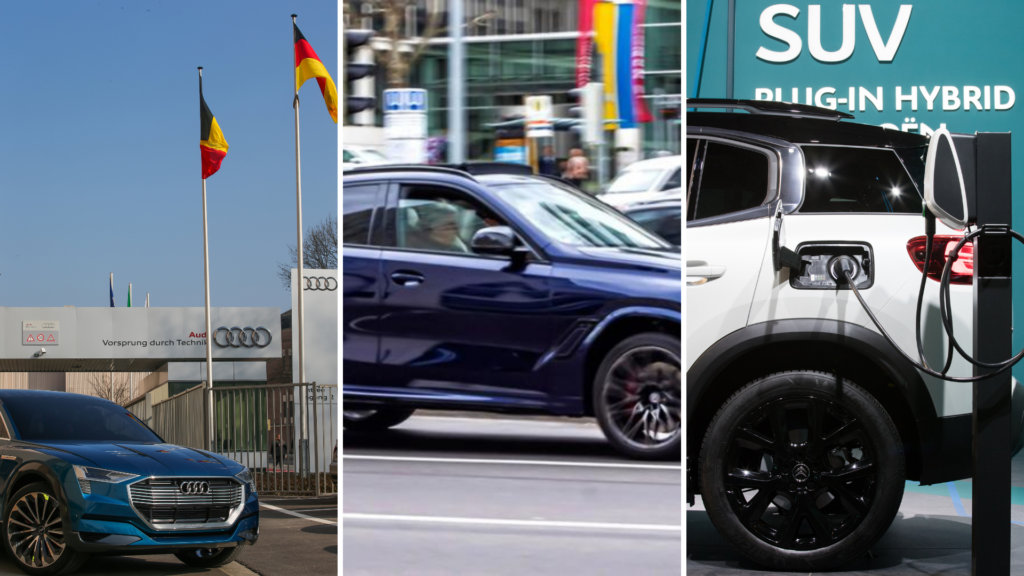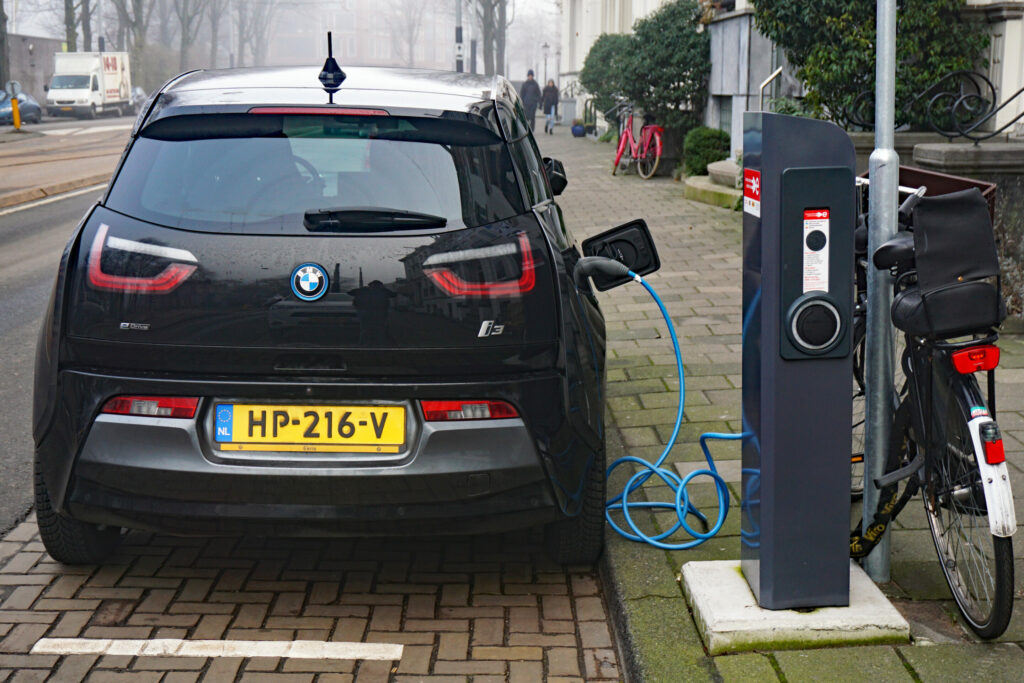Of the many aspects of the modern world that require serious rethinking to strip out the associated greenhouse gas emissions, the way we move is one where individuals can assume greater responsibility of their personal impact.
Also unlike other polluting activities – say, a concrete works or an ethane cracker – transport often brings pollution to the immediate environment, rather than situating a carbon-intensive activity away from the general population. The picture of urban spaces shrouded under a cloud of exhaust fumes remains a reality, despite efforts to replace the dirty road hogs with cleaner battery-driven alternatives.
Part of the problem is the inhibitive cost: electric cars don't come cheap. Compact electric vehicles cost around 37% more than their combustion counterparts (think a Ford Fiesta or Renault Clio). That's typically over €10,000 more that a purchaser must pay to make the "right choice". Little surprise then that electrifying Europe's car fleet is such a slow process.
And although this highlights an apparent niche in the market for smaller electric vehicles, it's not one that manufacturers are jumping to fill. Industry attention is fixed squarely on larger vehicles – the rugged SUVs capable of tackling the most fearsome potholes and speedbumps that city streets can put in their way.
These huge chunks of metal powered by batteries big enough for three small electric cars come with far larger price tags, and with the fatter profit margins for producers. A Tesla Model X (the tractor size that weighs 2.5 tonnes) retails at around €100,000 – hardly a car for the people.
And besides the reduction in exhaust fumes, few are so deluded to think that these are an actual answer for cleaner, safer cities. Notable actions have been taken to highlight the idiocy of these contraptions, some more legal than others.
Indeed, whether hefty or petite, the idea that we need only swap combustion engines for electric is to misunderstand the demands of the challenge at hand. With Europe's cities growing as populations condense, the idea of owning a car at all should be questioned. The average occupancy rate (passengers per vehicle) of private cars across the continent rarely rises above 1.5 – for commuting it tends to be around 1.2. Meaning there's an awful lot of energy expended to transport one person a relatively short distance.
Even more alarming, a 2022 report by researchers at Belgium's KU Leuven revealed that electric car production is responsible for 50-60% of the overall demand of energy transition metals (such as lithium, cobalt, or nickel) – well ahead of wind and solar applications. It's a stark warning that not only are these vehicles too expensive for consumers, they're gutting the planet too.
How big is your EV? Let @Orlando_tbt know.
Belgium in Brief is a free daily roundup of the top stories to get you through your coffee break conversations. To receive it straight to your inbox every day, sign up below:
1. Man shot during attempted kidnapping, second incident in Forest in a week
A man was shot on Monday evening in the Brussels commune of Forest, just several days after a shooting in the same municipality. Read more.
2. 'Disproportionate focus on SUVs': Too few affordable electric cars in Europe
The electrification of Europe's car fleet is falling behind due to a lack of affordable electric cars available, according to a new report by the Transport & Environment (T&E) mobility umbrella organisation. Read more.
3. All Brussels authorities to cooperate against rising drug violence
As the Brussels-Capital Region is facing an increase in drug trafficking-related violence, Minister-President Rudi Vervoort is convening a meeting of the Regional Security Council next Tuesday (27 February). Read more.
4. Why 'Taylor Swift' cats are banned in Belgium
The permit of a cat breeder in Belgium was revoked last week for illegally breeding Scottish Fold cats – a type of cat made famous thanks to singer Taylor Swift. Read more.
5. Brussels Bright Festival welcomed 100,000 more visitors this year
The eighth Bright Festival, Brussels' festival of lights, attracted no fewer than 500,000 spectators over four consecutive evenings, 100,000 more than last year. With Europe as the theme, the light installations this year reflected the Belgian Presidency of the Council of the European Union. Read more.
6. Italian police carry out searches linked to Brussels terror attack
In the investigation into the terrorist attack in which two Swedish nationals were killed in Brussels in October 2023, the Italian anti-terrorist police carried out searches targeting 18 people on Tuesday. Read more.
7. Von Der Leyen Attempts To Go Viral With Re-election Bid
Le Chou is Europe's most dedicated source of news. Catch up weekly on the biggest headlines with our roundup, all with an intentionally inaccurate and satirical streak. Follow live updates on Twitter and watch Le Chou TV on Instagram. Read more.


